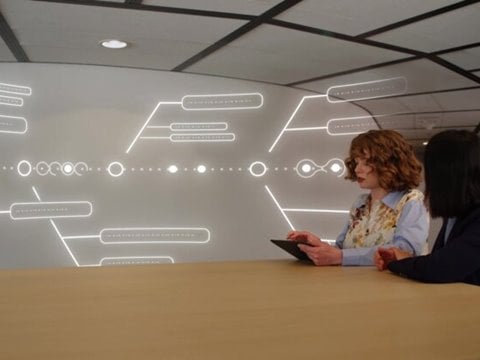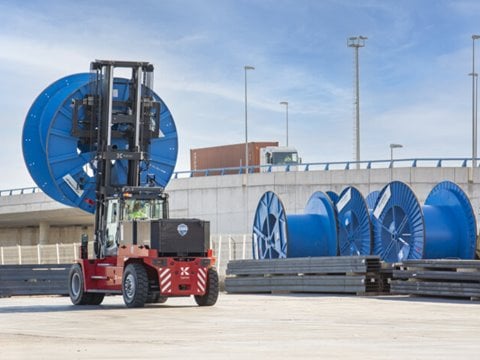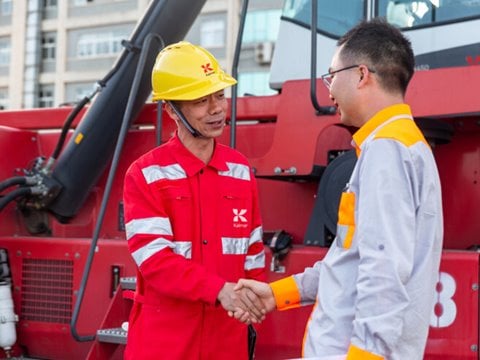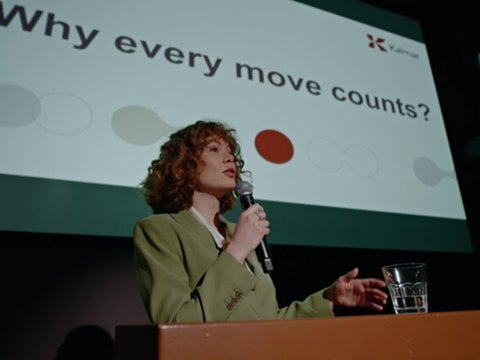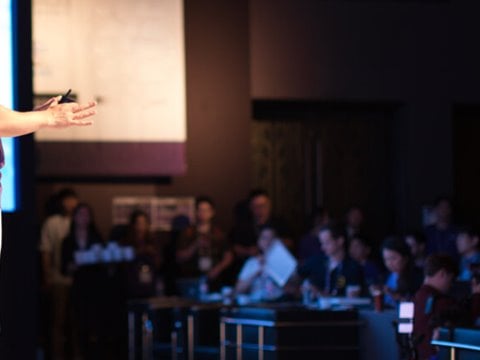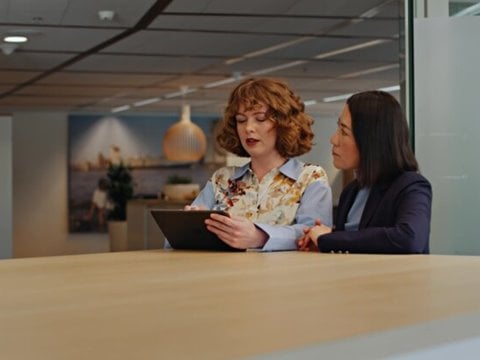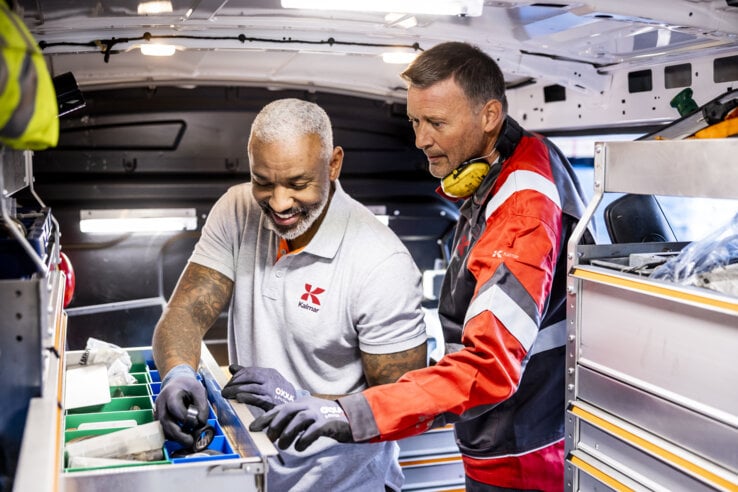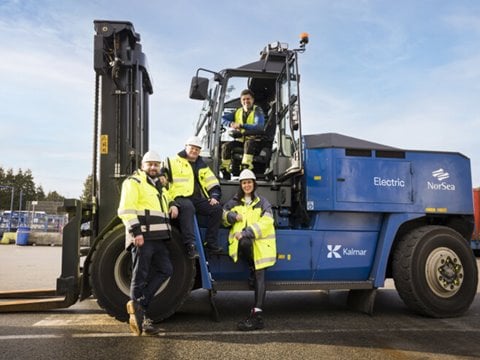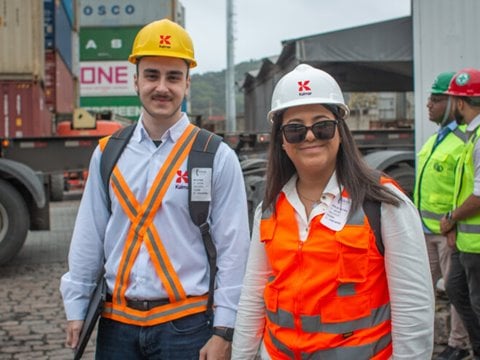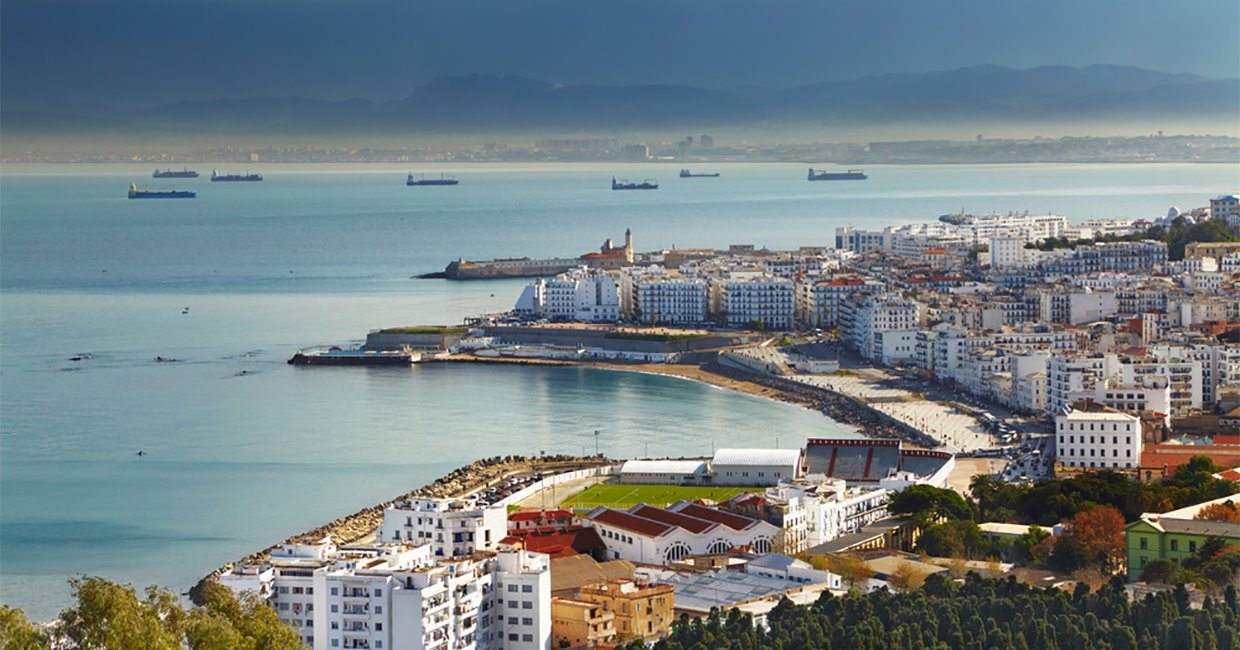
Ports are the lifeblood of Algeria's economy
Excellent machinery keep Algeria's vital ports sailing and growing.
Ports are a key factor to Algeria's economy. There are ten large public harbours sitting on some 1,300 km of seashore spaced at 100 to 150 km. With these geographic and economic circumstances, it's vital to have top-notch port cargo handling equipment to keep this sector of the economy humming. To this end, Algeria's harbours have invested heavily in Kalmar machinery.
Due to its location and harbours, Algeria has always been an important gateway between Europe and Africa. Saidi Mabrouk, General Manager at GICEP, is an experienced professional with 18 years working in Algeria's port industry under his belt.
He explains the country's harbor cooperation.
"Compared to its competitors, Kalmar is not always the cheapest, but they have often won the bid because their technical features have been considered better."
We have ten public port companies. In 2007 together they founded a cluster called GICEP — Groupement D'Intert Commun Des Entreprises Portuaires — The Algerian Port Procurement Company. GICEP's mission is to carry out joint acquisitions with the greatest cost-efficiency for the benefit of its members.
Strong new investments
GICEP has a long record of doing business with Kalmar. We have plenty of Kalmar equipment in our ports, such as reachstackers and forklift trucks of 10 to 50 tons. Ever since Cargotec landed in France and Algeria, we have invested heavily in Kalmar machinery.
GICEP's latest procurements from Kalmar were signed in Fall 2016: 25 forklift trucks, 12 reachstackers, and most recently, 18 forklift trucks and 7 rubber-tyred gantry cranes.
Compared to its competitors, Kalmar is not always the cheapest, but they have often won the bid because their technical features have been considered better. Both technical features and and price matter, says Mabrouk.
Developing a comprehensive business culture
After-sales service is an important feature when it comes to long-term investments like cargo handling equipment. Kalmar has excellent after-sales support in Algeria through Service Partner Remora, which provides just the support the ports require. This is an important key to the cooperation.
A few statistics illustrate how important ports are to the Algerian economy: the annual TEU is about 1,8 M and global traffic is close to 130 M tons annually. Mabrouk says he is very pleased to see the business developing to carry even more traffic. This growth means that more machinery, and more advanced machinery will be needed in the future, and he is happy that Kalmar is providing it to GICEP.
Related articles
Further reading
Subscribe and receive updates in your email
Subscribe